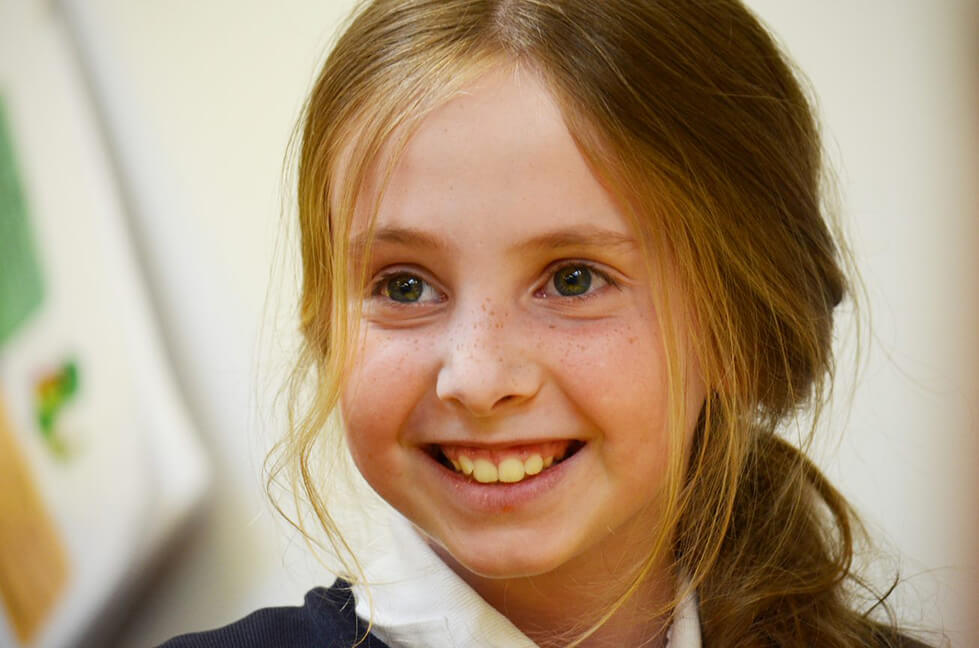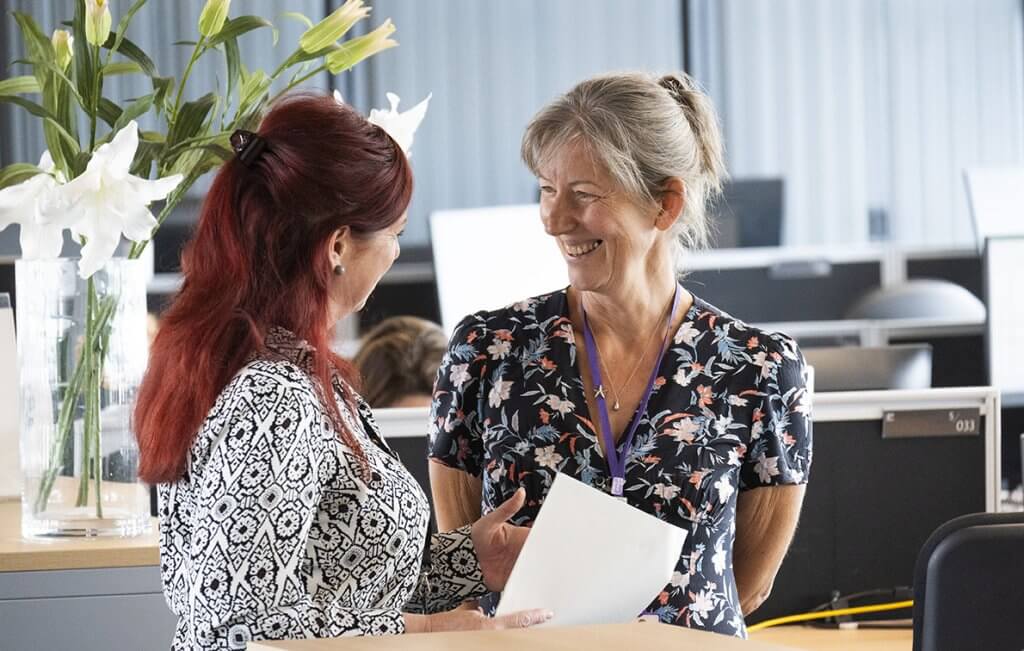Stress has always been an occupational hazard for those working in education, with teachers reporting long hours and little flexibility. However, teacher wellbeing has declined significantly in recent years, with recent reports suggesting that staff are struggling with work-life balance, accountability pressures, pay levels and budgetary constraints.
In addition to that, we know education professionals are also struggling with burnout, compassion fatigue, and vicarious trauma, as teachers and support staff step in to fill the gap left by mental health services and SEND provision (read more about this topic here).
It is no surprise, then, that 78% of education staff in the UK report experiencing stress at work. But perhaps more surprising is the fact that 45% experienced symptoms of anxiety, 28% experienced symptoms of depression, and 20% experienced symptoms of acute stress. In fact, the wellbeing score for teachers is now at its lowest point in the past five years.
These numbers go some way to explain why 37% of teachers and 31% of senior leaders are considering leaving the sector within the next 12 months. As the recruitment and retention crisis continues to spiral, it’s more important than ever to ensure measures are in place to support staff with their professional and personal development.
Clinical Supervision Delivered by HCPC-Registered Arts Therapists
Clinical supervision provided by Health and Care Professions Council (HCPC)-registered arts therapists (such as art, music, and drama therapists) is a highly effective form of support for those working in schools, colleges, and other educational institutions.
This offers a structured, reflective space where school staff can enhance their professional development, improve their mental wellbeing, and refine their skills in working with students, particularly those with complex emotional or behavioural needs.
Find out more about clinical supervision in this blog, as we explore the many benefits it can bring to your staff and, ultimately, to your students.
Emotional Support
Working in education can be emotionally demanding, especially when dealing with pupils who have psychological, emotional, or behavioural challenges. Arts therapists are trained to understand the emotional dynamics of working with individuals and groups, making them well-equipped to provide supervision that is sensitive to the stresses and pressures educators face.
Supervision from arts therapists allows educators to explore the emotional impact of their work in a safe, confidential environment. This can prevent burnout, reduce anxiety, and promote mental wellbeing by providing a space for reflection, emotional expression, and problem-solving.
Self-Care Practices
Arts therapists often emphasise the importance of self-care in their work, which is especially beneficial for educators. Clinical supervision can help education providers build resilience by teaching them self-care strategies and mindfulness techniques. These practices allow educators to maintain their wellbeing while managing the demands of the profession.
By engaging in supervision with an arts therapist, educators can learn new ways to manage stress, avoid burnout, and maintain a healthy work-life balance. This is particularly important for staff who work in challenging environments, such as special education settings or schools with high levels of student need.
Recognising and Responding to Children’s Needs
Arts therapists possess specialised knowledge of trauma, attachment, mental health and emotional challenges. Through clinical supervision, they can help educators develop a deeper understanding of the emotional and psychological needs of their pupils. This insight is crucial in creating a supportive educational environment, where pupils feel understood and their emotional needs are acknowledged.
For example, arts therapists can guide educators in recognising signs of trauma, anxiety, attachment patterns and depression in students whilst helping them respond in a more attuned and effective way. This can improve the overall teacher-student relationship and foster a more inclusive learning environment.
Reflective Practice
Clinical supervision encourages reflective practice, which is vital for educators striving to improve their teaching and caregiving approaches. Arts therapists use creative and reflective techniques in their supervision, enabling educators to explore their work from new perspectives. Reflective practice helps educators think critically about their interactions with pupils, the effectiveness of their interventions, and areas for professional growth.
For example, through reflective dialogues, role-playing, or the use of creative arts (such as drawing or drama), arts therapists can help educators unpack challenging situations, identify emotional triggers, and develop new strategies for managing difficult classroom dynamics.
Creative Problem-Solving
Arts therapists bring creativity into their supervision practice, which can help educators approach problems in innovative ways. For example, arts-based supervision might involve the use of visual arts, drama, or music to explore professional challenges. This creative process can help educators see issues from different angles, encouraging out-of-the-box thinking and fostering a sense of agency in tackling difficulties.
By using arts-based methods, supervisors can make complex or emotionally charged issues more accessible, allowing educators to work through them in a supportive and non-judgmental environment.
Tailoring Supervision to the Unique Needs of Educators
HCPC-registered arts therapists are skilled in adapting their supervision to meet the specific needs of participants. For education professionals, this means that supervision can be tailored to address both the emotional and practical aspects of working in an educational setting. Whether an educator needs support with understanding pupil behaviour, managing stress, or improving their professional skills, the arts therapist can adjust their approach accordingly.
Furthermore, arts therapists are often familiar with multi-disciplinary work, meaning they can integrate insights from various fields (e.g., psychology, social work, education) into their supervision, providing a holistic support system for educators.
Through clinical supervision, HCPC-registered arts therapists can play a critical role in helping educators manage the emotional and psychological challenges of their work.
Take a look at some of the feedback we received from Mentors in the Manchester Safe Task Force, explaining the positive impact of clinical supervision on their role and wellbeing.
“Supervision helps seeing the situations from different points of view and can get advice from other mentors about what they would do in my situation.”
“Supervision has supported me very well in my role as mentor. Our organisation previously did not have anything in place of this ilk. Now I feel I can vent problems, emotions, feelings and opinions on personal and professional matters. “
“Supervision helped me offload the pressures of supporting increasingly vulnerable and in-need young people affected by years of austerity. I have learned many skills by supporting less experienced mentors, including communication skills, empathy, and the ability to tailor guidance to the mentee’s specific needs. Supervision provided a platform to discuss ethical dilemmas and seek guidance on how to handle complex situations, ensuring relationships are conducted ethically and professionally. Through supervision, we refine mentoring techniques and adapt to changing circumstances, promoting ongoing growth and development in our roles as mentors.
Clinical supervision is an invaluable resource to support staff in their professional development and personal wellbeing, fostering emotional resilience, reflective practice, and a deeper understanding of pupil needs. This not only benefits the educators themselves but also improves the quality of education delivered to pupils, particularly those with SEND and SEMH needs.
If you are interested in supporting your staff through reflective practice groups and clinical supervision, please get in touch with our Creative Psychotherapy in Education (CPE) team to find out how we can help.
Please complete the form below and we will get in contact as soon as we can to help you with your query.
















